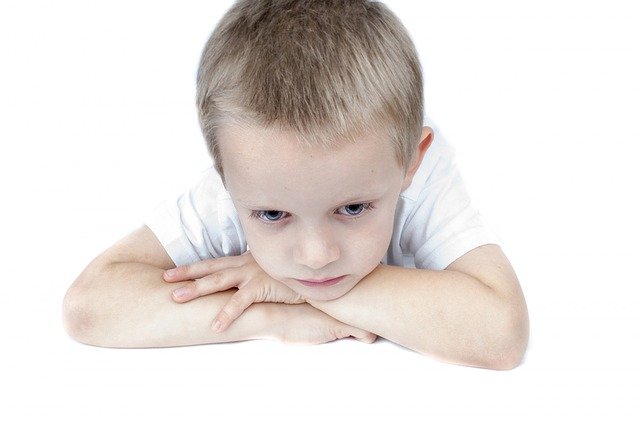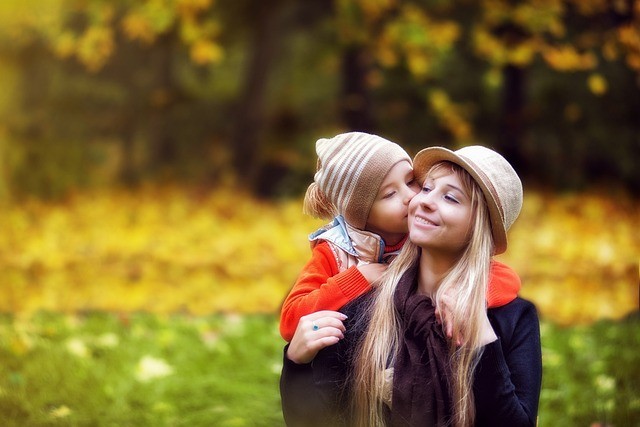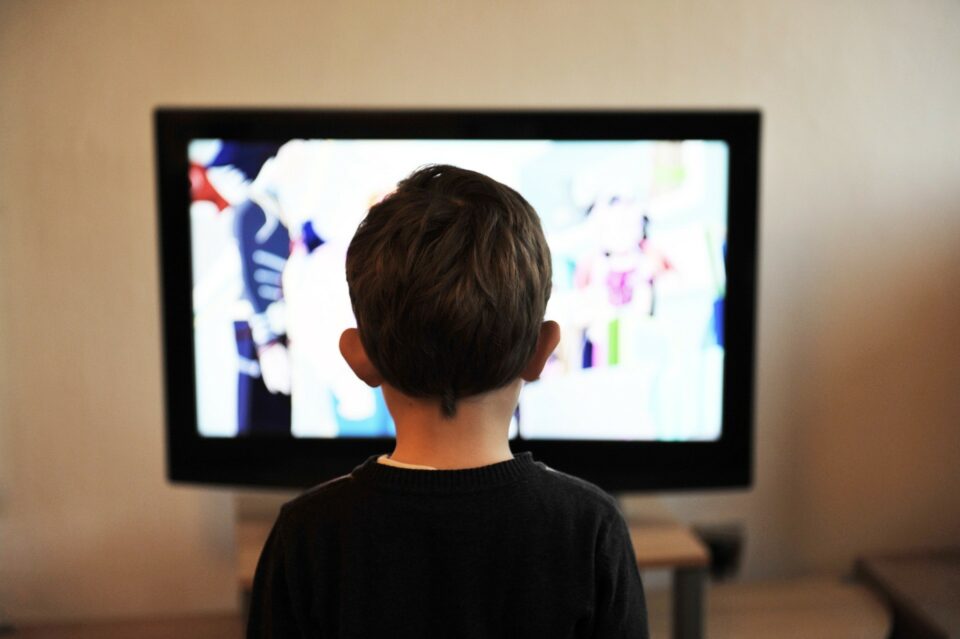The current COVID-19 pandemic is stressful on many levels.
As adults, we understand what is going on, how it’s affecting the world around us, and we’re able to try and keep everything in a sense of perspective. Despite that, many adults around the country are also struggling to hold everything together and remain positive.
With that in mind, it’s important to understand how the current uncertainty and worry is affecting our children too.
Depending upon the age of your child, they probably know a little about what is going on, what has caused it, what is going to happen, and how long it’s going to go on for. These are also questions that there aren’t any solid answers to, so it’s easy for them to feel uncertain because the goal posts are constantly moving and changing.
Emotional upheaval in a child’s early years can stay with them throughout their lives and cause them to act in a certain way, make poor decisions, and create a sense of fear that doesn’t leave them. During the current pandemic, it’s important to learn how to lessen the impact on your child’s emotional wellbeing, and encourage them to open up and talk, asking questions, and knowing that they’re being given honest and understandable answers.
Our children are experiencing:
- Routine changes – They’re not able to spend time with their friends and family members and they’re out of their normal routine in general
- Educational changes – When schools are closed, children are learning at home and this can be stressful for both the parent and the child. Depending upon the age of your child, this could also affect their educational future, i.e. missed exams and falling behind
- A lack of feeling secure – Most children have never experienced an even in life which causes them to worry about the health and safety of their family members. With negative news all around, this can cause them to feel less safe and less secure
- Worrying measures in place – When a child goes to a routine health appointment and has to have their temperature taken, wear a mask and stand away from others, it’s upsetting, scary, and very worrying for them. All of this contributes to a sense of worry and anxiety.
How to Help Protect Your Child’s Emotional Wellbeing
Let’s explore a few ways you can employ to look after your child’s emotional wellbeing during this worrying time.
Be As Open As You Can Be
In an age-appropriate way, you need to be as open about what is going on with your child as you can be. Don’t hide things from them and help them to understand what COVID is, why we need to stay home at the moment, but most of all, help them to see that this is not going to go on forever, and that it is a short-term measure to keep everyone safe.
If you’re not open with your child, they’re going to start putting two and two together, and probably getting eight. This will cause them to overthink, dream up different scenarios, and feel scared about the reality they’re living in.
Encourage Your Child To Talk
Whilst it’s not advisable to make every topic of conversation about the pandemic, encourage your child to ask questions and talk about what is going on. By doing this, your child knows that if they do have a worry or a question, they can ask you and you’re going to be as open as you can be, answering it directly.
When you try to avoid talking about what is going, your child is going to worry and think that it’s something very bad, and that they shouldn’t speak out about it. When that happens, emotional health suffers.
Make it clear to your child that it’s very normal to feel worried and anxious when something like this is going on, and that when your routine is out of sync, it’s also normal to feel unsure. Your child will then know that what they’re feeling is normal and that everyone else feels that way too. However, they should feel able to tell you how they feel and have their concerns answered too – it all comes down to making them feel that they can talk openly.
Focus on Positivity in The House
When everyone is at home together and lockdowns are in place, it’s easy to become negative, bored, and stressed. That isn’t going to help your child handle the situation positively. Try and focus on being upbeat as much as you can; that doesn’t mean you should try and force things, but simply tell your child that you know things are strange right now but we can make the best of it and do fun things in the home.
Come up with creative activities that focus on learning, bonding, and having fun. By keeping a positive spin on everything, your child will thrive in the situation far more effectively.
Reduce News Exposure
Whilst you shouldn’t hide things from your child, watching the news on repeat won’t be healthy for them either. This creates a constant swirl of negativity and makes them feel scared and out of touch. Try and avoid watching the news in front of your child and perhaps stay up to date once they’ve gone to bed.
News channels will give a sense of doom to your child, simply because they don’t really understand the language being used and the context. If they need to know something, they should feel they can ask you, and you can deliver the news in an age appropriate way.
Encourage Them to Connect With Friends and Family
Whilst it’s not possible to connect in person at the moment, you can encourage your child to make use of technology and have regular Zoom calls and chats with friends and family members. This will help them to feel more normal, to keep things light and positive and to avoid them feeling isolated and out of touch.
If your child uses social media, also keep an eye on the type of news and content they’re reading and this can often spread misinformation and cause more trauma for your child.
Exercise Outdoors Together
Outdoor exercise is permitted, so gather the family (household only) and get your outdoor clothes on! Head out and enjoy some nature and fresh air, playing ball games, running around, and basically getting some exercise. This helps with your child’s physical health, mental health and their emotional health too. Of course, it will also tire them out, so they get a good night’s sleep!
When you’re not all able to head out on an outing, e.g. you’re working from home, let your child play in the garden and get as much fresh air and exercise as possible.
Try And Create a Routine
It’s difficult to create a solid routine at the moment, but you can try and do your best. Children need routine to feel safe and to thrive and when everything is out of routine, they can feel anxious and worried.
Communicate with your child and explain what is going on. Let them know if school is closed and why, and how long for (if you know). Avoid making false promises and simply stick to the facts.
When you’re in the house, make sure your child gets up at the same time and goes to bed at the same time. Have regular mealtimes and make sure you focus on healthy foods and not whatever is easiest to grab. Also, have set times for heading outside for exercise and if your child is home schooling, make sure that is set into a routine too.
Whilst you don’t have to stick to everything to the exact letter, having a regular routine in place will help your child to feel more protected and safer and that will allow them to handle everything going on around them far more effectively.
Final Thoughts
The COVID pandemic isn’t a picnic for anyone and we’re all feeling stressed and anxious in our own ways. However, our children are really struggling right now and depending upon the age of your child, they may not really understand why the world has been thrown into such chaos.
Helping your child to understand the situation, in a way which doesn’t scare them and is completely age-appropriate, is key to helping them deal with the adverse effects of what is going on right now. Open communication will help them to ask questions, clarify things, and avoid misinformation that is so rife online.
It also comes down to basic health and wellbeing too, so getting plenty of exercise and fresh air, a sleep routine, a good diet, and sticking to a routine in terms of schoolwork. Positivity is also something you need to focus on, to try and keep your child uplifted and happy.
When your child is happy and healthy, you’re happy and healthy too. This reduces stress for everyone and makes the current situation bearable and stress troublesome for all concerned.




